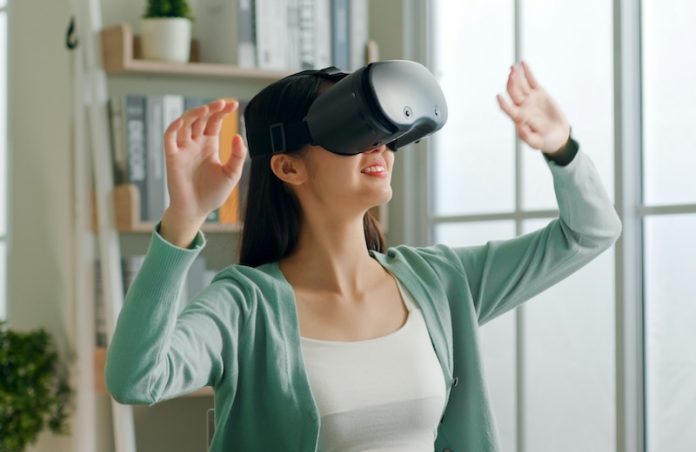
A new study from the University of Reading and the Royal Berkshire NHS Foundation Trust has shown that virtual reality (VR) can help stroke patients regain arm movement when combined with traditional physiotherapy.
The research, published in the journal Displays, suggests that immersive VR therapy could become an effective tool in stroke rehabilitation.
Many stroke survivors struggle with arm and hand movement due to brain damage caused by the stroke. Traditional physiotherapy helps restore movement, but progress can be slow, and motivation can be a challenge.
The researchers developed a VR-based therapy designed to make rehabilitation more engaging. The virtual environment provides real-time visual feedback, encouraging patients to perform exercises while seeing their movements in a more interactive way.
Dr. Yoshikatsu Hayashi, from the University of Reading’s Biomedical Sciences and Biomedical Engineering department, explained:
“By using virtual reality technology, we can create an engaging environment that motivates patients to practice their exercises while receiving enhanced visual feedback. This approach can make rehabilitation more enjoyable and effective.”
The study included 18 stroke patients, who were divided into two groups:
- One group received standard physiotherapy alone.
- The other group received physiotherapy combined with VR therapy.
Results showed that the patients who used VR therapy had significantly better arm movement compared to those who only had traditional physiotherapy. The key findings were:
- Improved arm movement in patients who used the VR system.
- Higher patient engagement, as participants found the therapy fun and motivating.
- No serious side effects reported during the trial.
- Potential for wider use in stroke rehabilitation programs.
Ph.D. researcher Samirah Altukhaim, who led the study, noted:
“Patients described the therapy as fun and motivating. They felt that their hand coordination and control improved, making movements feel natural again.”
Dr. Kiruba Nagaratnam, from the University Department of Stroke Medicine at Royal Berkshire Hospital, emphasized the real-world benefits of this research:
“This collaboration has allowed us to explore innovative ways to improve stroke rehabilitation. The results are encouraging and show how local research can directly benefit our patients.”
While these results are promising, the researchers call for larger studies to better understand how VR therapy can be optimized and integrated into stroke recovery programs.
This study highlights the potential of virtual reality as a powerful tool in stroke rehabilitation, offering stroke survivors a more engaging and effective way to regain movement and improve their quality of life.
If you care about stroke, please read studies that diets high in flavonoids could help reduce stroke risk, and MIND diet could slow down cognitive decline after stroke.
For more health information, please see recent studies about antioxidants that could help reduce the risk of dementia, and tea and coffee may help lower your risk of stroke, dementia.
The research findings can be found in Displays.
Copyright © 2025 Knowridge Science Report. All rights reserved.



